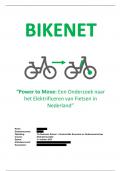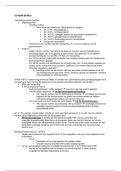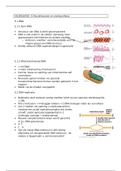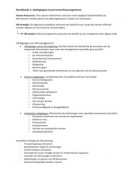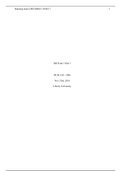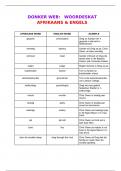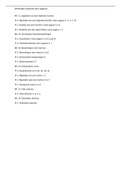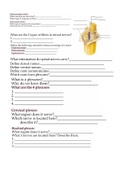Scriptie
Scriptie Afstudeerproject
- Vak
- Afstudeerproject
- Instelling
- Hogeschool Tio (Tio)
Het onderzoek richt zich op het formuleren van een probleemoplossend advies voor de lancering van een onderscheidend en commercieel aantrekkelijk businessmodel voor de elektrificatie van fietsen op de Nederlandse markt. Het begint met een grondige contextanalyse, waarbij zowel interne als externe...
[Meer zien]
